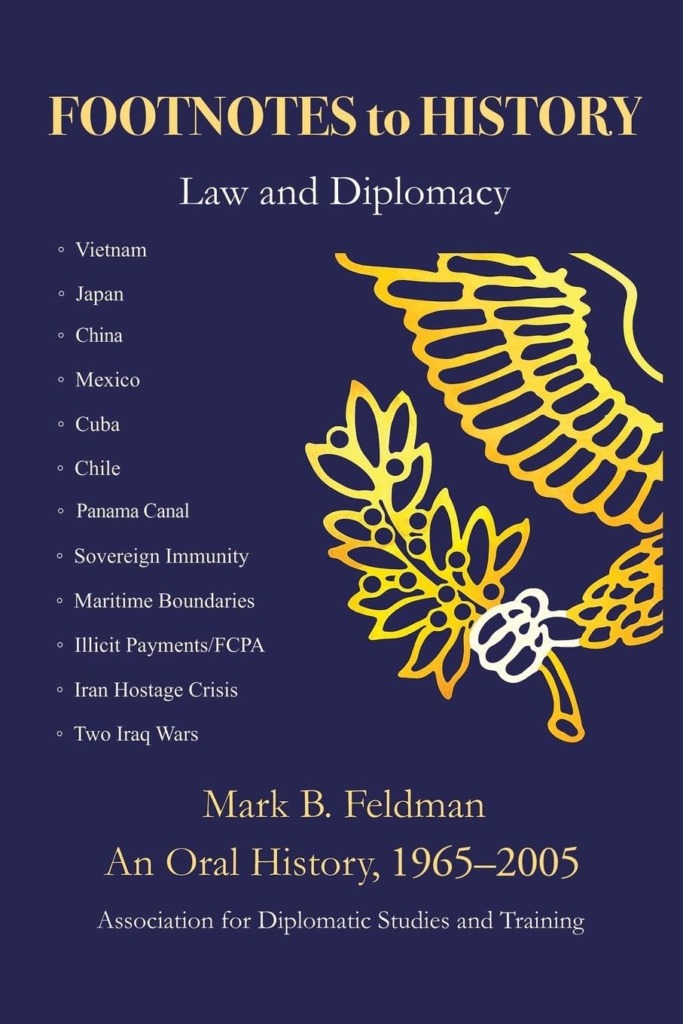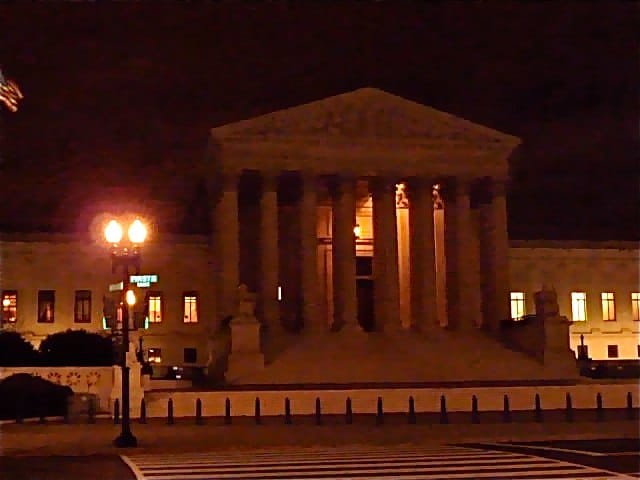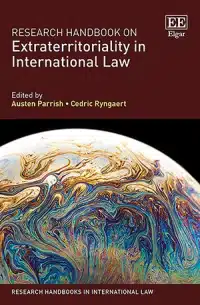First Circuit Allows Some of Mexico’s Claims Against Gun Manufacturers to Move Forward
Mexico has strict gun laws. There is one gun store in the country, and Mexico issues fewer than fifty gun permits a year. Yet Mexico has the third most gun-related deaths in the world because it borders the United States. An estimated half million guns flow from the United States into Mexico each year. In…
Continue ReadingHow to Criticize U.S. Extraterritorial Jurisdiction (Part II)
[This post is based on a lecture delivered at Wuhan University School of Law on October 15, 2023] There are better and worse ways to criticize U.S. extraterritorial jurisdiction. In yesterday’s post, I discussed some shortcomings of a February 2023 report by China’s Ministry of Foreign Affairs, “The U.S. Willful Practice of Long-arm Jurisdiction and…
Continue ReadingHow to Criticize U.S. Extraterritorial Jurisdiction (Part I)
[This post is based on a lecture delivered at Wuhan University School of Law on October 15, 2023] China has been critical of U.S. extraterritorial jurisdiction. In February, China’s Ministry of Foreign Affairs issued a report entitled “The U.S. Willful Practice of Long-arm Jurisdiction and its Perils.” In the report, the Ministry complained about U.S….
Continue ReadingPersonal Jurisdiction and Extraterritoriality
The U.S. Supreme Court has repeatedly said that Congress has constitutional authority to regulate extraterritorially. “Both parties concede, as they must,” Chief Justice Rehnquist wrote in EEOC v. Arabian American Oil Co. (1991), “that Congress has the authority to enforce its laws beyond the territorial boundaries of the United States.” The presumption against extraterritoriality, which…
Continue ReadingA View of Transnational Litigation from the State Department
I recently had the pleasure of reading Footnotes to History: Law and Diplomacy by TLB contributor Mark Feldman. Mark spent sixteen years (1965-1981) at the U.S. State Department’s Office of the Legal Adviser, where he helped write the Foreign Sovereign Immunities Act (FSIA), the Foreign Corrupt Practices Act, and the Iran Claims Settlement Agreement. The…
Continue ReadingCourt Rejects Challenge to OFAC Blocking Order
Sanctions are an increasingly important part of United States foreign policy, and cases challenging them are also of growing significance. Sanctioned entities face an uphill battle in court however, as illustrated by a recent decision from the Southern District of New York: Rusaviainvest, OOO v. Yellen. Rusaviainvest, OOO (the plaintiffs) challenged an order by the…
Continue ReadingFederal Court in Nevada Allows Ethiopia Bribery Claims to Move Forward
In a fascinating decision, the District Court for the District of Nevada (Judge Richard Boulware) recently allowed civil RICO claims to proceed against a Nevada resident based on bribery in Ethiopia, while dismissing claims against Ethiopian government entities under the Foreign Sovereign Immunities Act (FSIA). Fremichael Ghebreyesus v. Federal Democratic Republic of Ethiopia not only…
Continue ReadingSupreme Court Denies Cert in Extraterritorial Wire Fraud Case
The Supreme Court denied cert this morning in Elbaz v. United States, a case involving the extraterritorial reach of the federal wire fraud statute. The order lets stand a decision of the Fourth Circuit holding that the wire fraud statute could be applied to a scheme to defraud investors centered in Israel based on two…
Continue ReadingImportant New Handbook on Extraterritoriality
Many TLB readers will share my excitement and appreciation for the brand-new Research Handbook on Extraterritoriality in International Law, a volume of wide-ranging expert analyses edited by Austen Parrish and Cedric Ryngaert. The volume explores extraterritoriality from a full range of perspectives rarely (if ever) brought together in one place. I am reading it cover-to-cover…
Continue ReadingWill the Supreme Court Resolve the Circuit Split on the Geographic Scope of Wire Fraud Statute?
The federal wire fraud statute is a workhorse for federal prosecutors. In 2021, there were more than 4,500 federal prosecutions for fraud, theft, or embezzlement, constituting 8% of federal criminal cases. The wire fraud statute is particularly important in transnational fraud cases, because communicating with people in the United States using U.S. wires is considered…
Continue Reading








